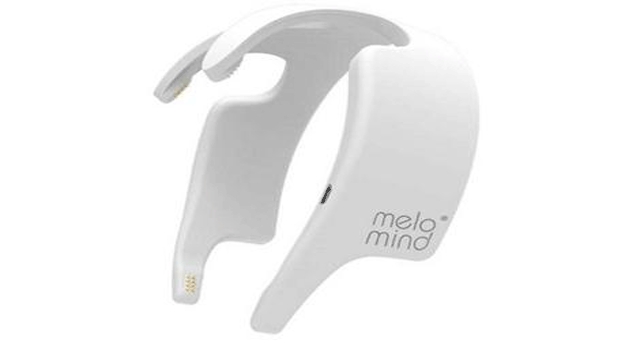Mindful Tech
More technology might seem like a counterintuitive measure for our already tech-filled lives. But these devices have a unique selling point.
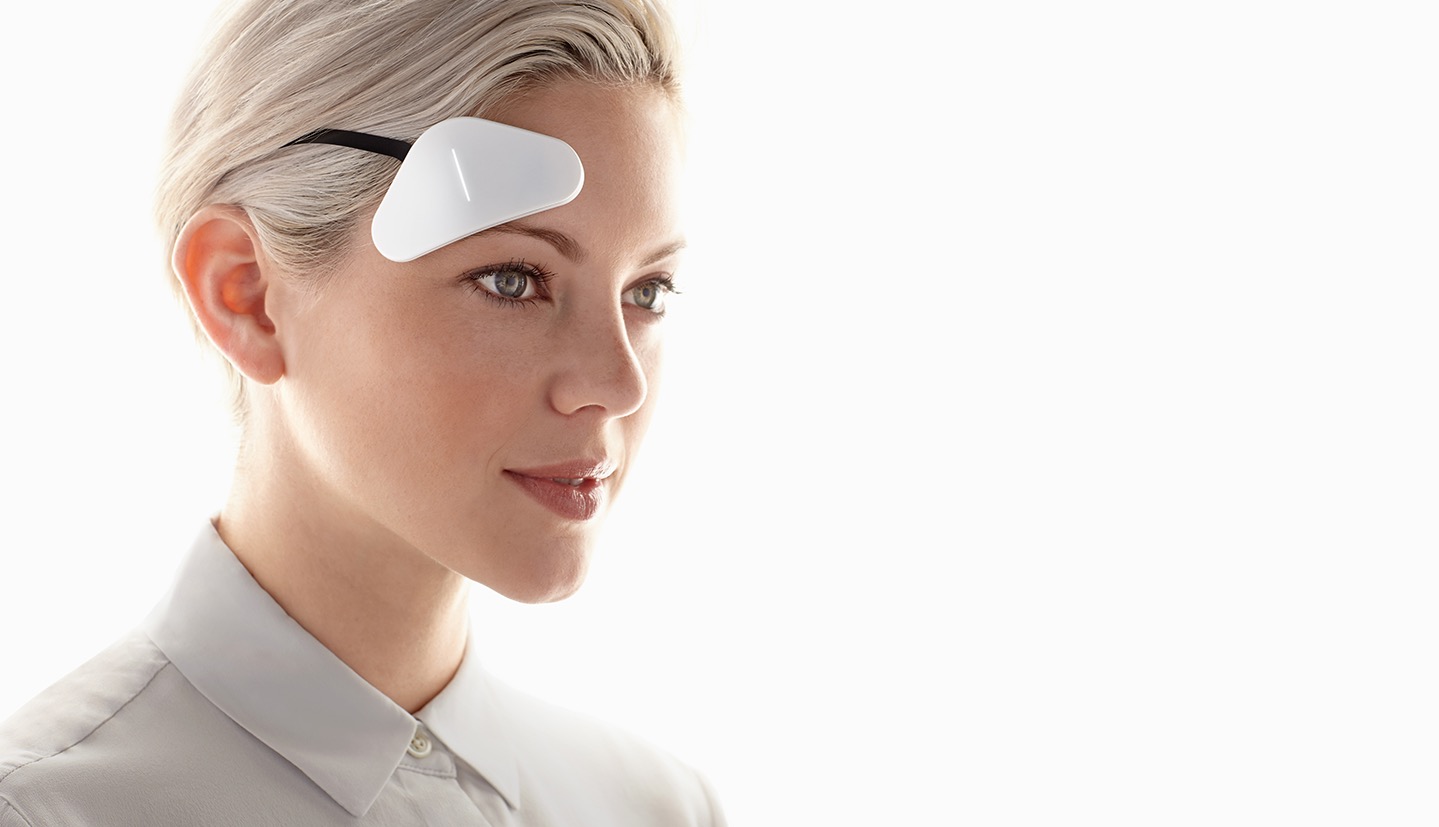
Life seems to get more stressful every day. Smartphone addiction is rife and we’re often in a state of anxiety. We panic when the Wi-Fi is down and get woken up by push notifications with bad news from apps we don’t use. But 2015 is the year the solution has come to our attention: mindfulness is the cure, and consumers are looking for evermore ways to incorporate it into their daily lives.
However, that doesn’t have to just mean more yoga. In fact, 65% of respondents to our Slow Survey want products that help them achieve a slow lifestyle. Wearable devices, like Spire, Muse and Melomind, which alter our state of mind for the better, are in high demand.
More technology might seem like a counterintuitive measure for our already tech-filled lives. But these devices, which monitor or alter bio-signals such as brain waves, have a unique selling point – they turn the always-on, 24/7 culture to always-mindful, with minimum effort.
Spire, for example, is a small, Bluetooth connected clip-on that tracks your breathing and sends notifications to your phone if it thinks you need a little time out. In practice it’s not nearly as strange an idea as you think.
“Awareness of one’s respiration is the fundamental technique of mindfulness,” says Neema Moraveji, co-founder of tech start-up Spire. “Technology pervades our life. Mindfulness is an opportunity to bring presence to any aspect of life. Spire can help you make this a reality.”
The benefits of mindfulness are undisputed. Thirty percent of British GPs now refer patients for mindfulness-based treatment for everything from anxiety through to drug addiction. Even the organisations that produce the stress are simultaneously reducing it, with banks, law firms and even the US military now offering mindfulness sessions for their staff.
“Meditation has been around thousands of years,” comments Andrew Persaud of Toronto-based Muse, whose products offer an update on an age-old practice. “But recently we have seen over a thousand articles talking about mindfulness and meditation and it’s impact.”
It’s true these devices don’t do mindfulness for you – technology hasn’t quite got that far – but what they can achieve is help users along. “Now more than ever people are trying to enhance their daily lives with external substances like caffeine, stimulants and narcotics – sometimes leaving them worse off than they were before,” explains Isy Goldwasser, Thync’s CEO. “How different would your life be if you could become more relaxed or more energised in minutes, using the power of your own mind?”
Spire
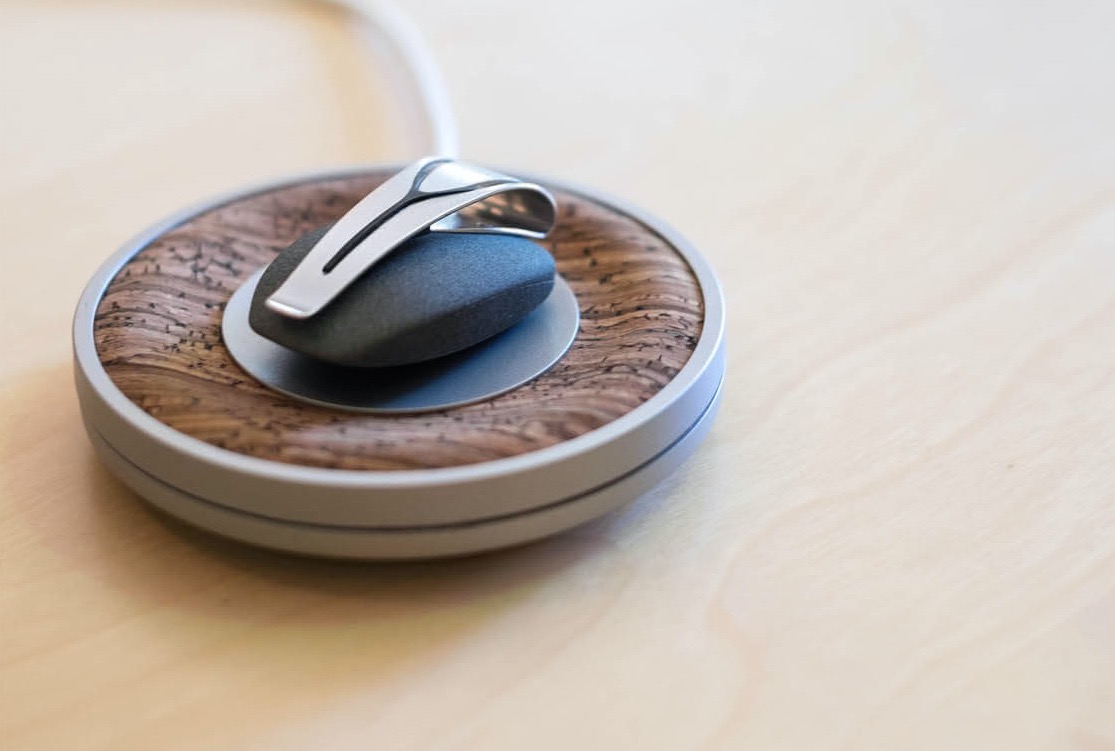
An unobtrusive device that clips easily to a waistband or bra strap, Spire tracks your breathing patterns, sensing when you’re becoming stressed. You’ll get notifications each day with respiratory exercises and mini-meditation sessions, which lower blood pressure, reduce tension and just make your day a little bit better.
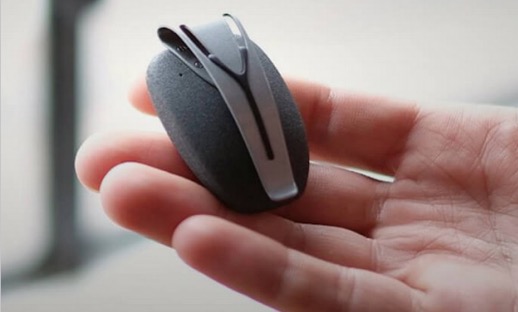
Muse
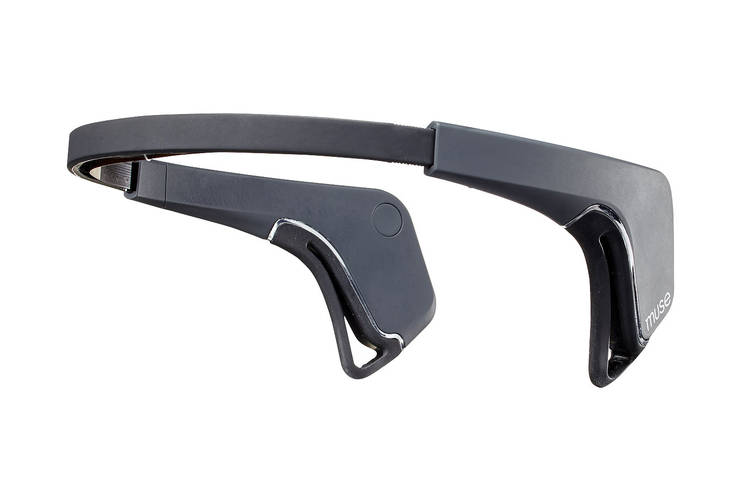
Meditating properly is hard – how do you even begin to stop thinking? Muse is a tool that makes it just that bit more achievable, by monitoring your brain signals and providing feedback to a Bluetooth-linked device to tell you how you’re doing, whilst creating a calming, soothing soundtrack.
Lifeclock
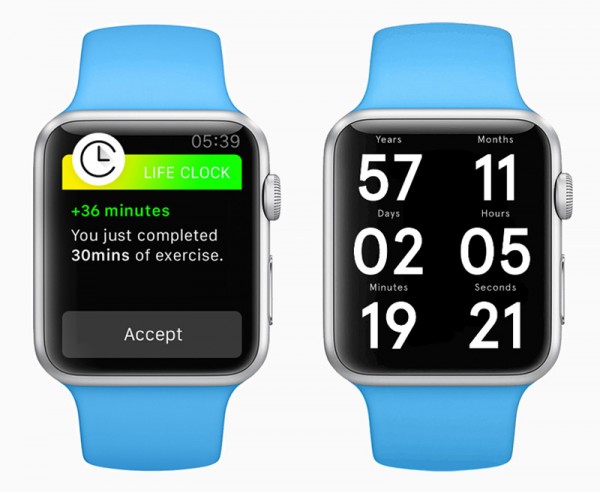
Apple Watch users can use the Lifeclock app ¬to calculate their life expectancy. Simply add or subtract the time spent on positive or negative pursuits. It might sound thoroughly depressing, but it most definitely convinces you to spend a little more time thinking about your actions in the present and the future.
Thync
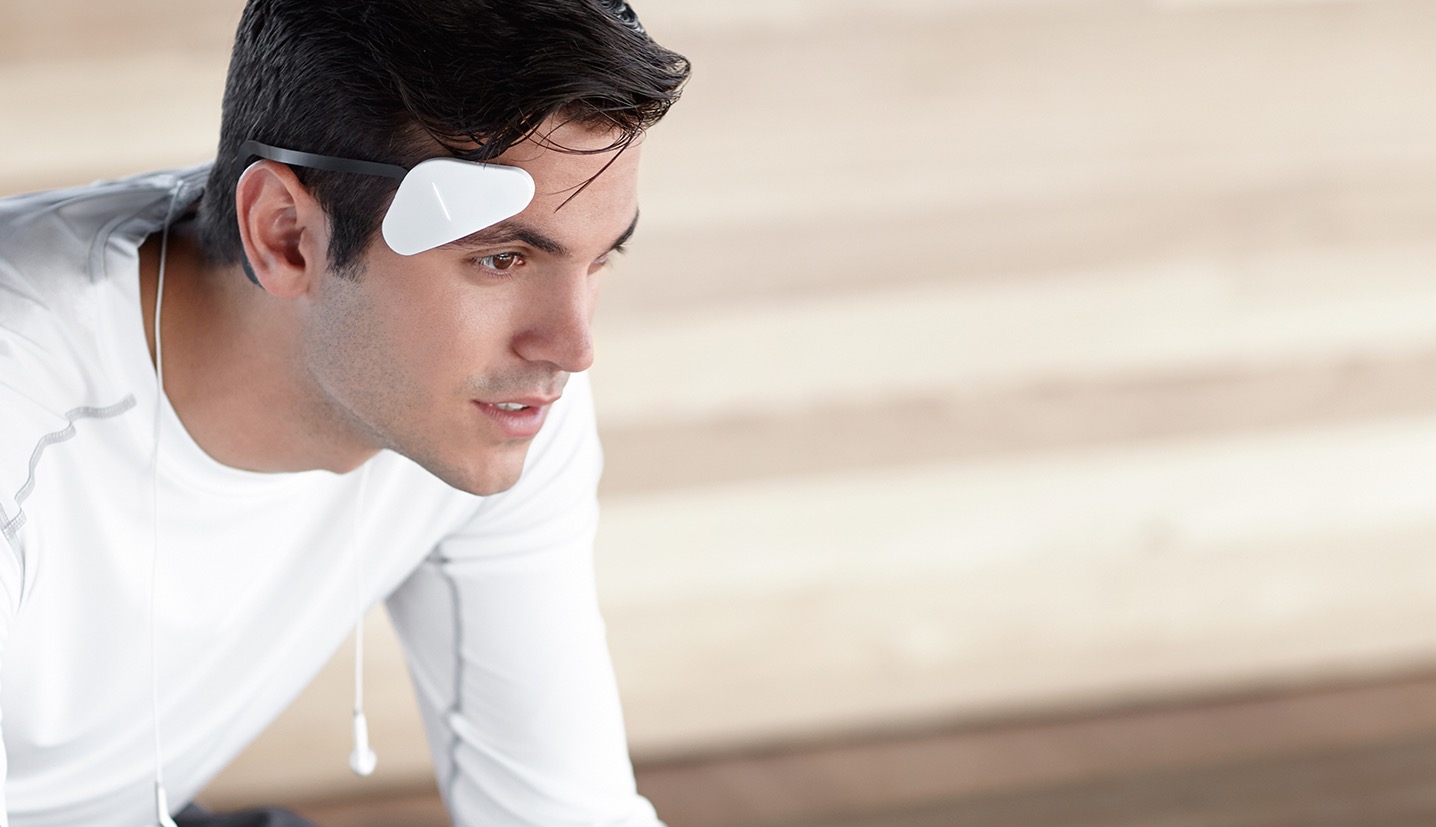
Taking the form of a pretty sci-fi looking headpiece, Thync employs neurosignaling to send low-level electronic pulses – what they call ‘vibes’ – to stimulate the nervous system. Depending on what vibe you’re feeling, these can be used to either provide a calming influence, or a shot of energy.
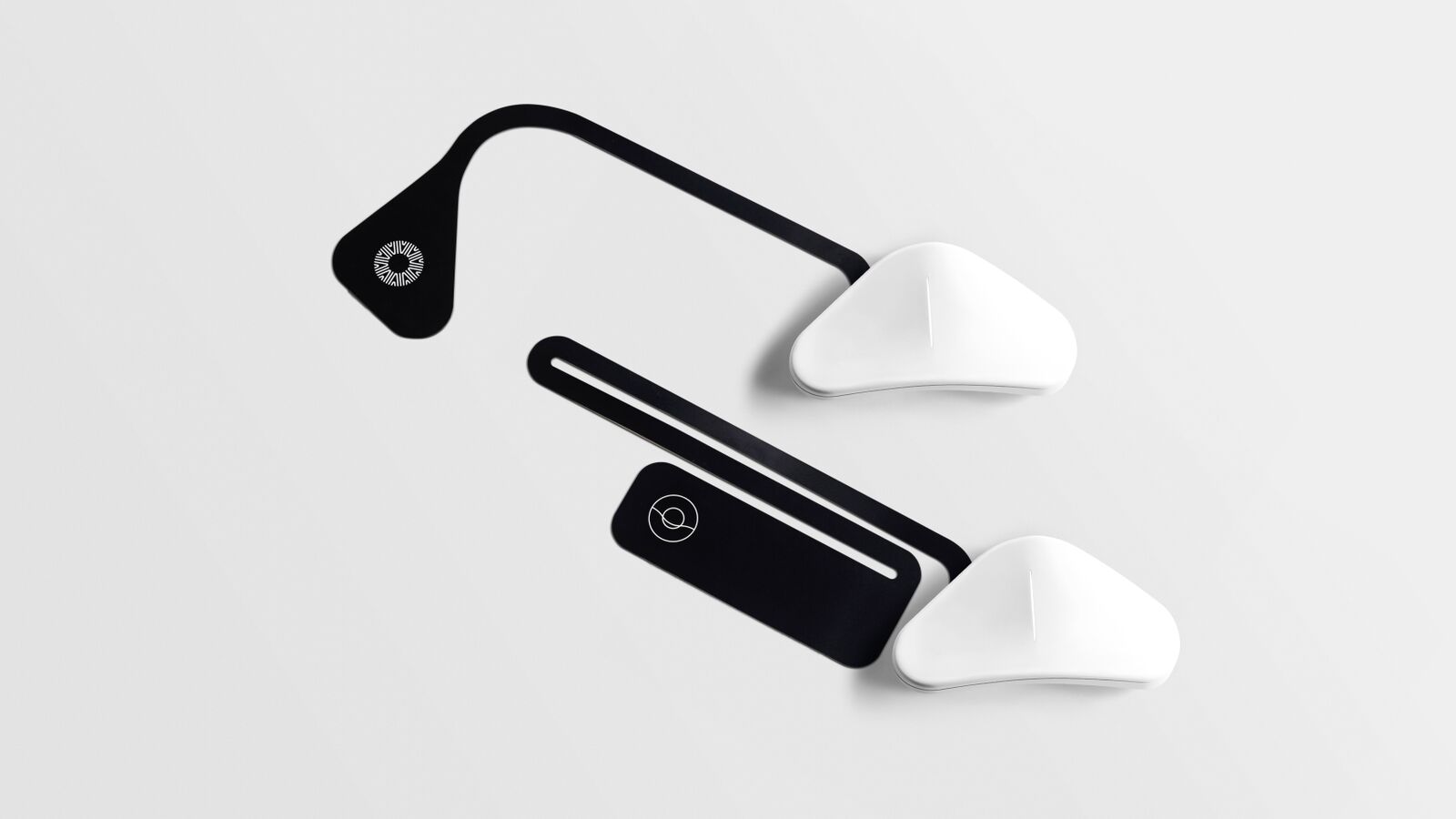
Melomind
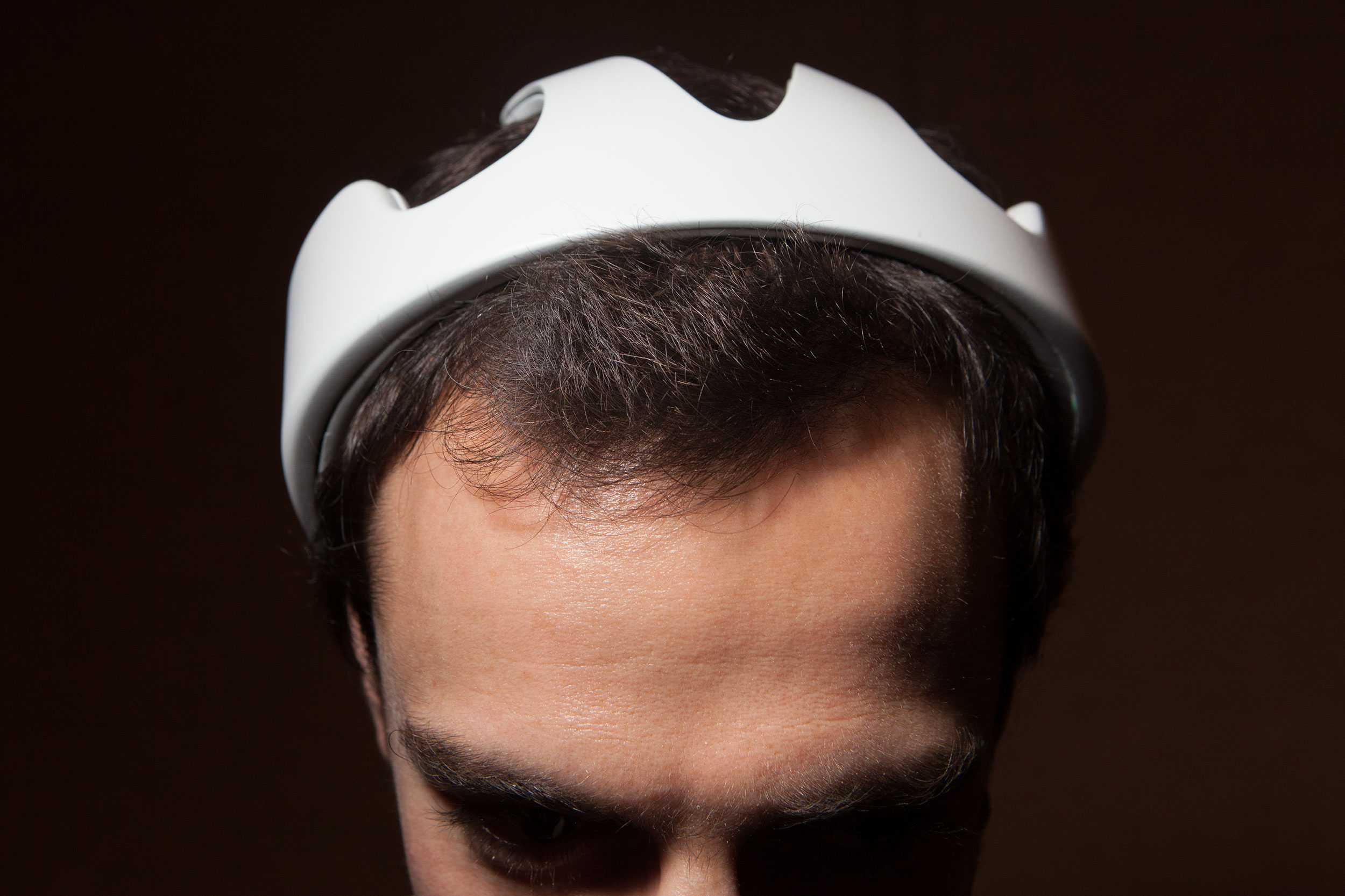
Employing cutting-edge research from the Brain and Spine Institute in Paris, Melomind is a Bluetooth connected headset that uses neurofeedback in the form of audiovisuals to monitor brain activity. It acts as a relaxation coach, with regular 15-minute sessions that aim to reduce overall stress levels.
